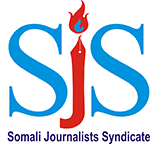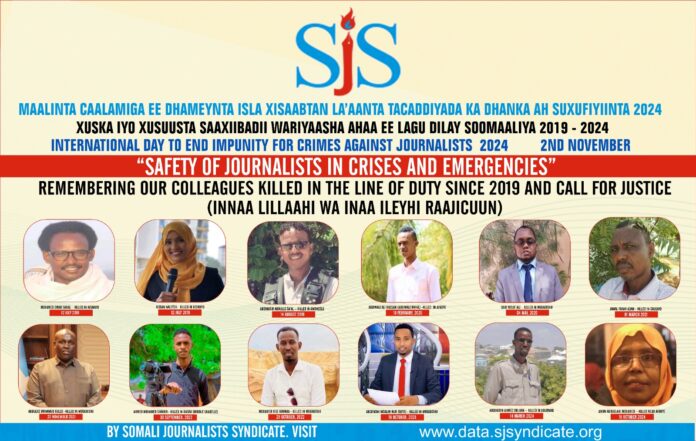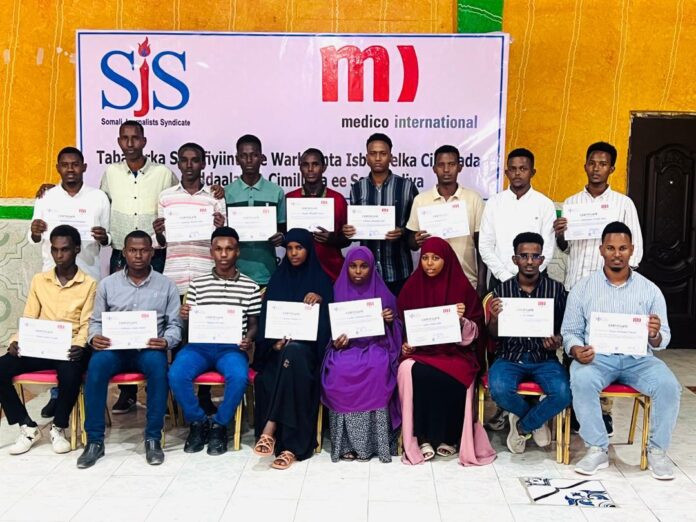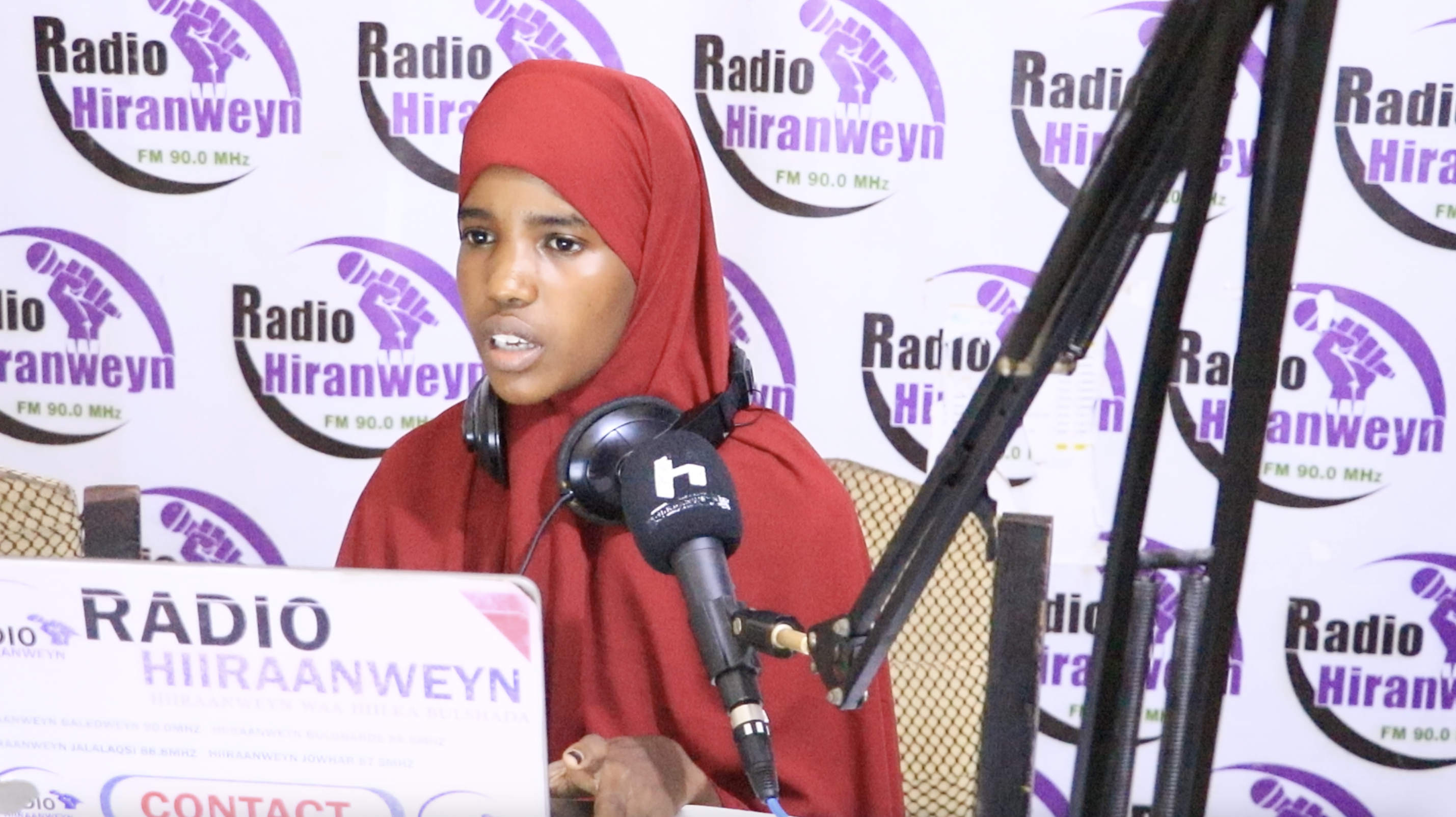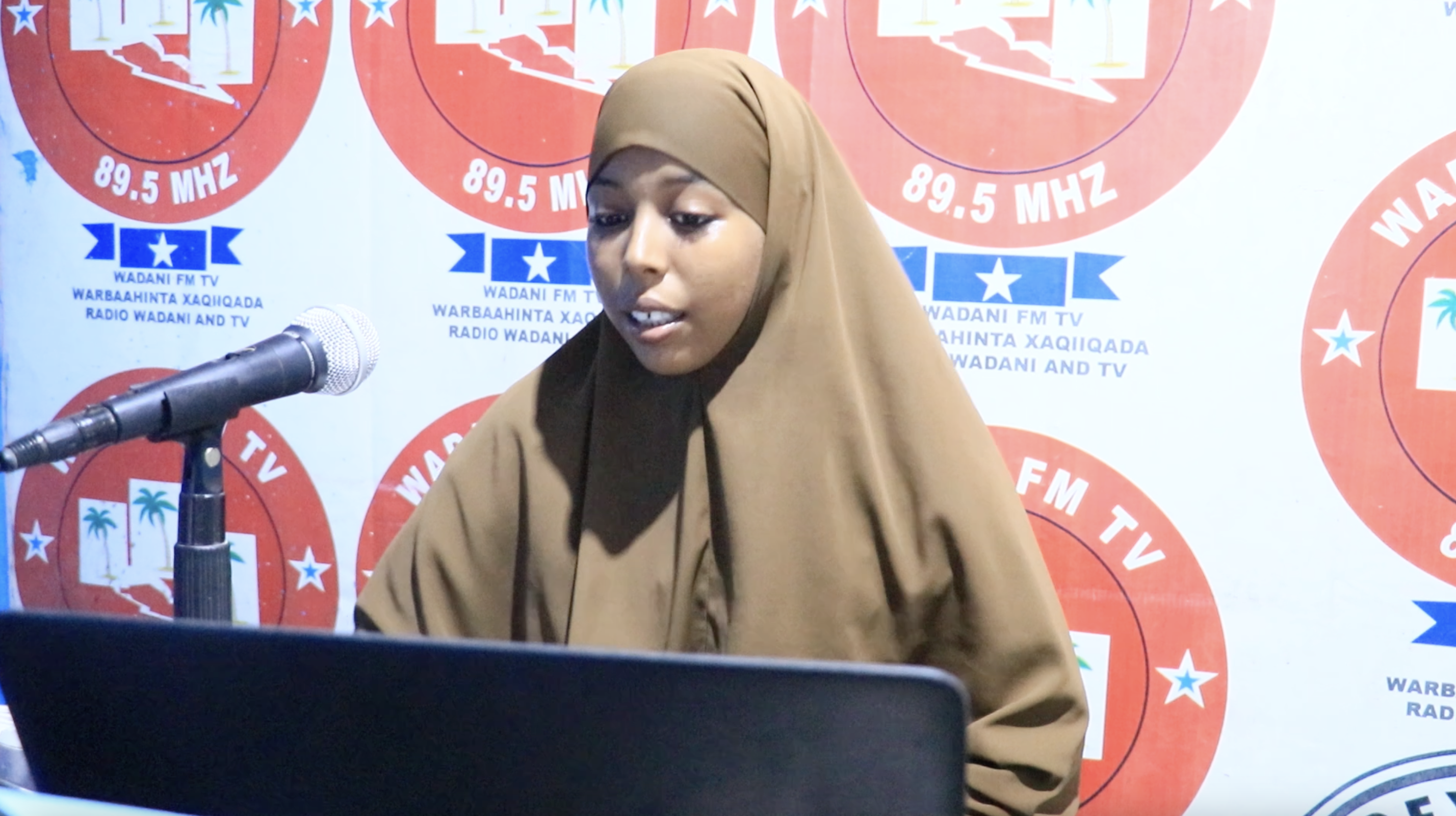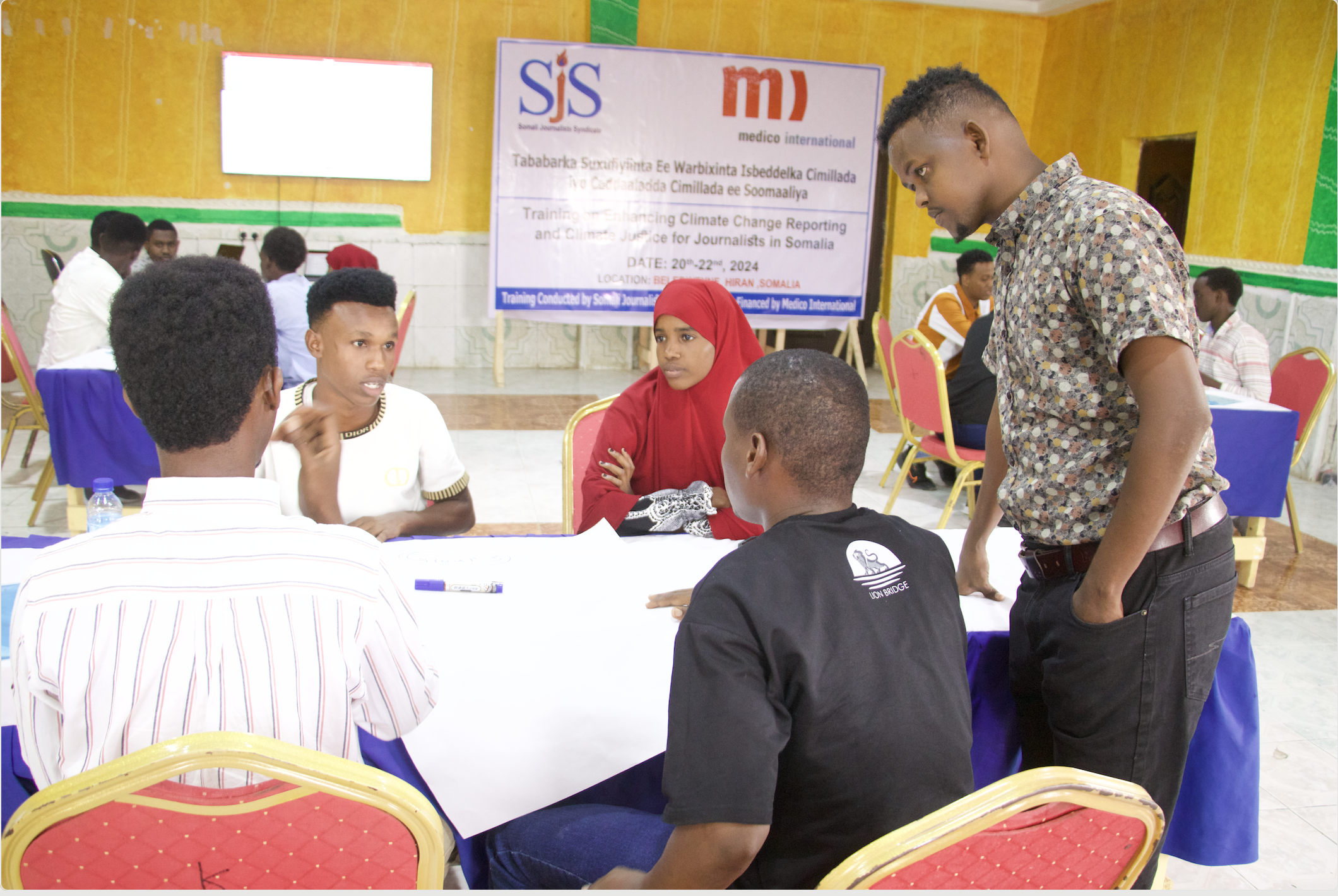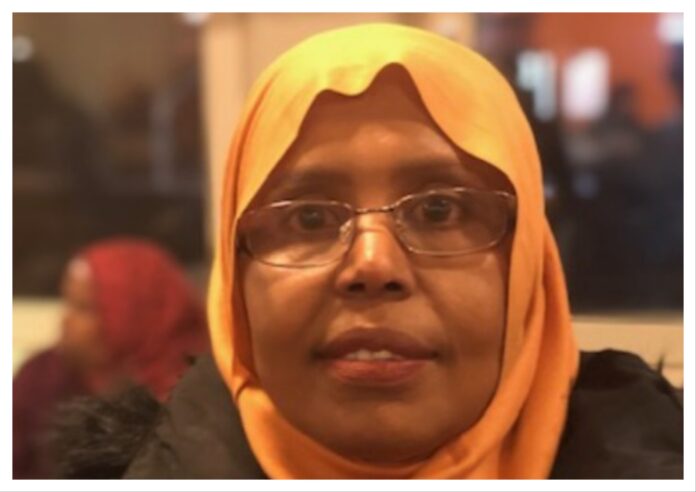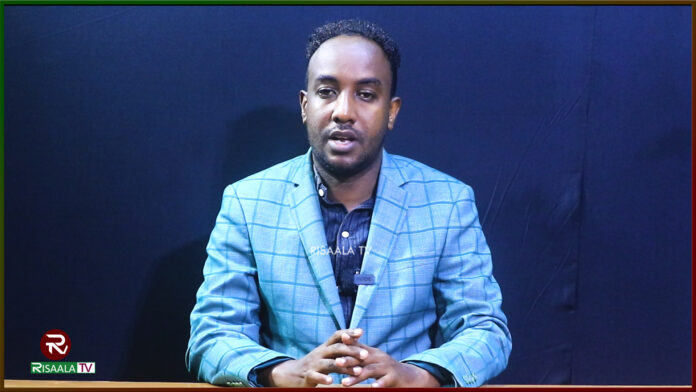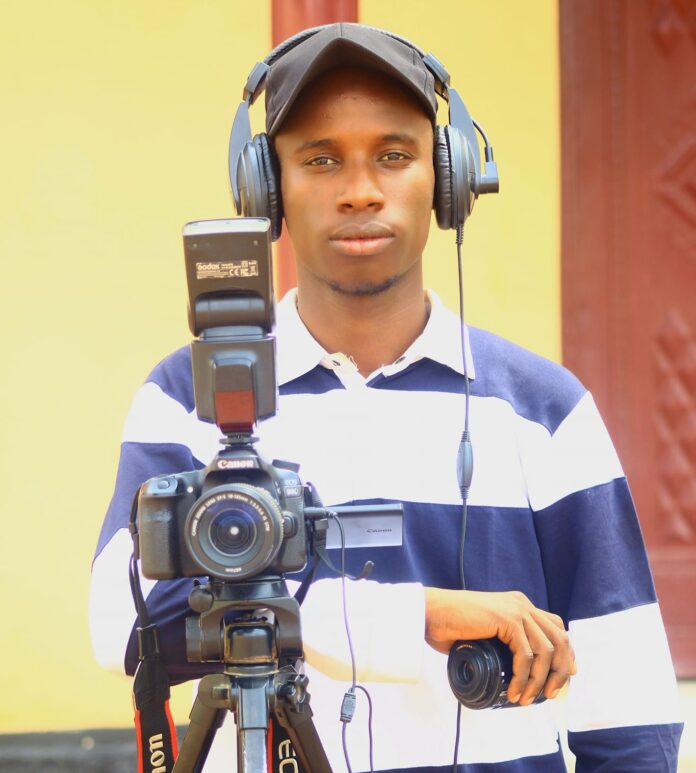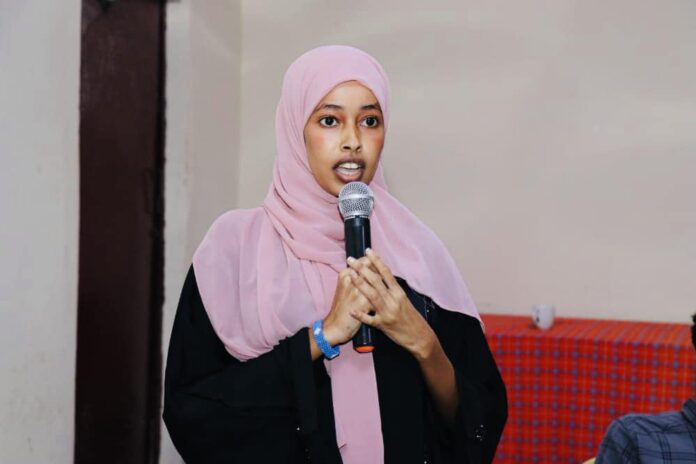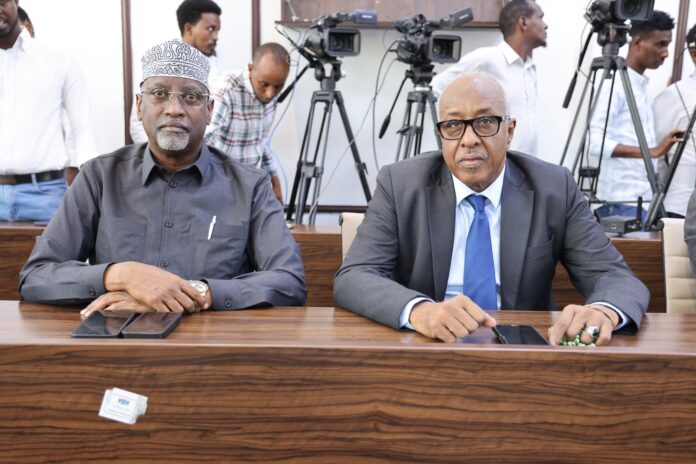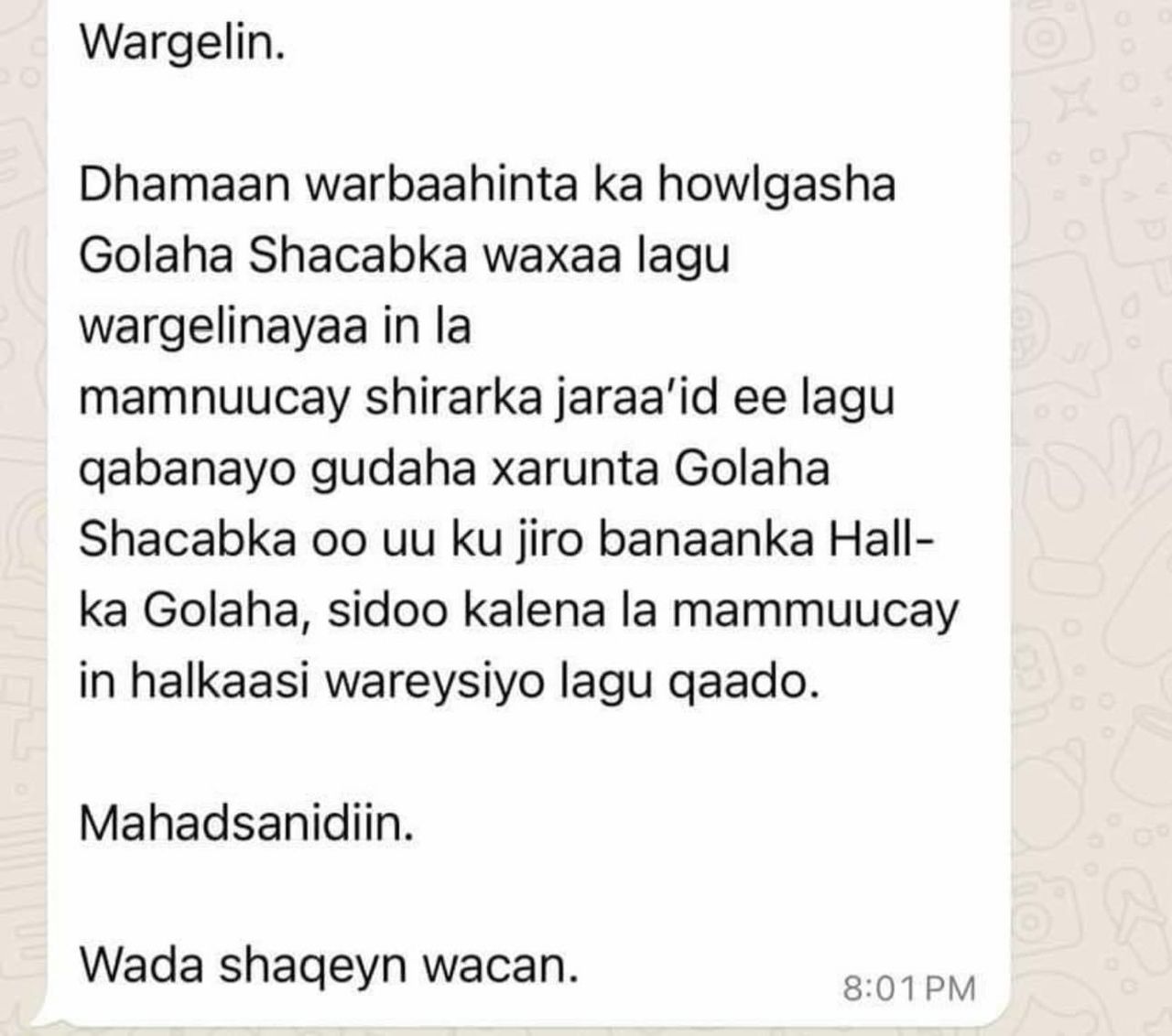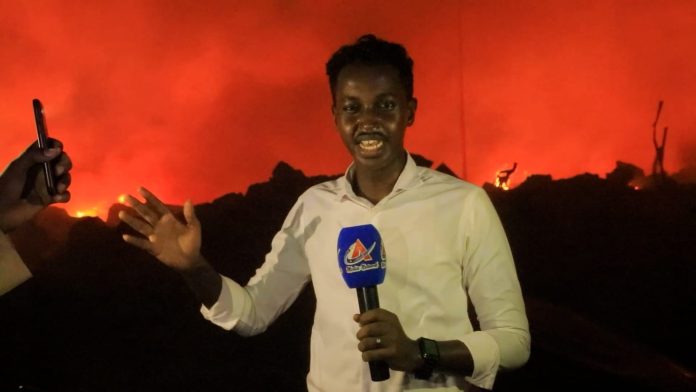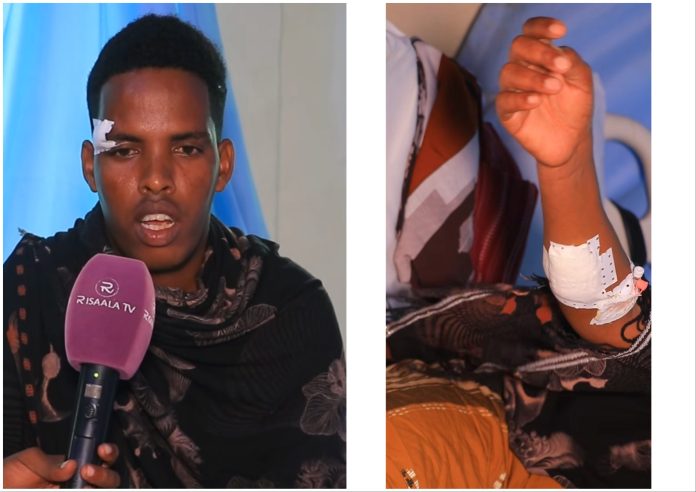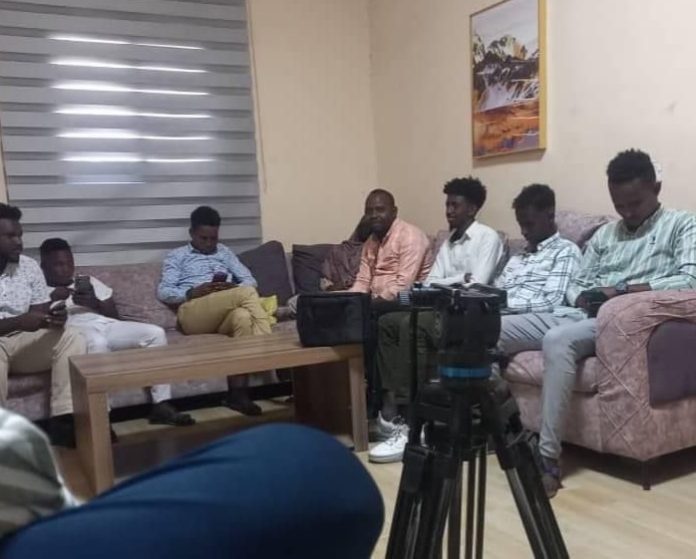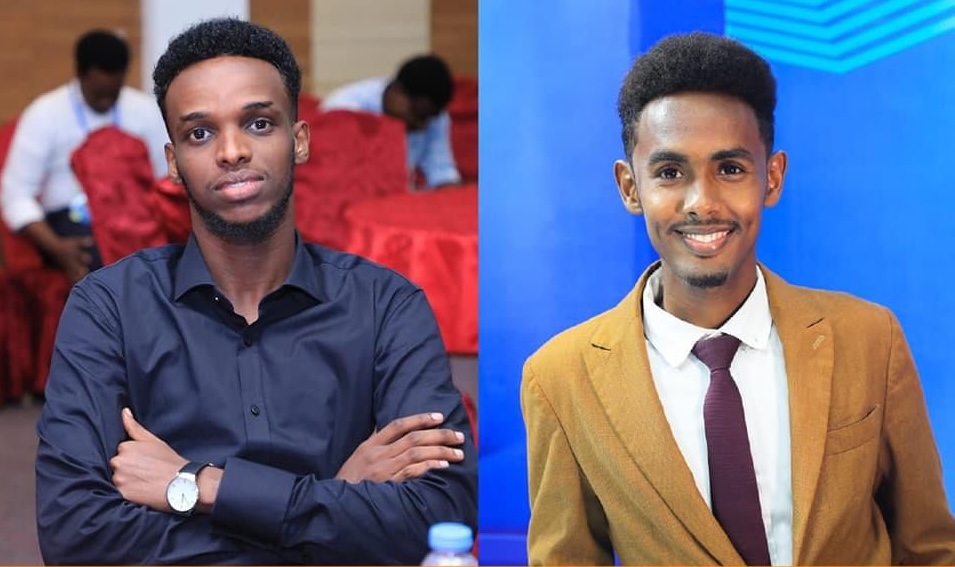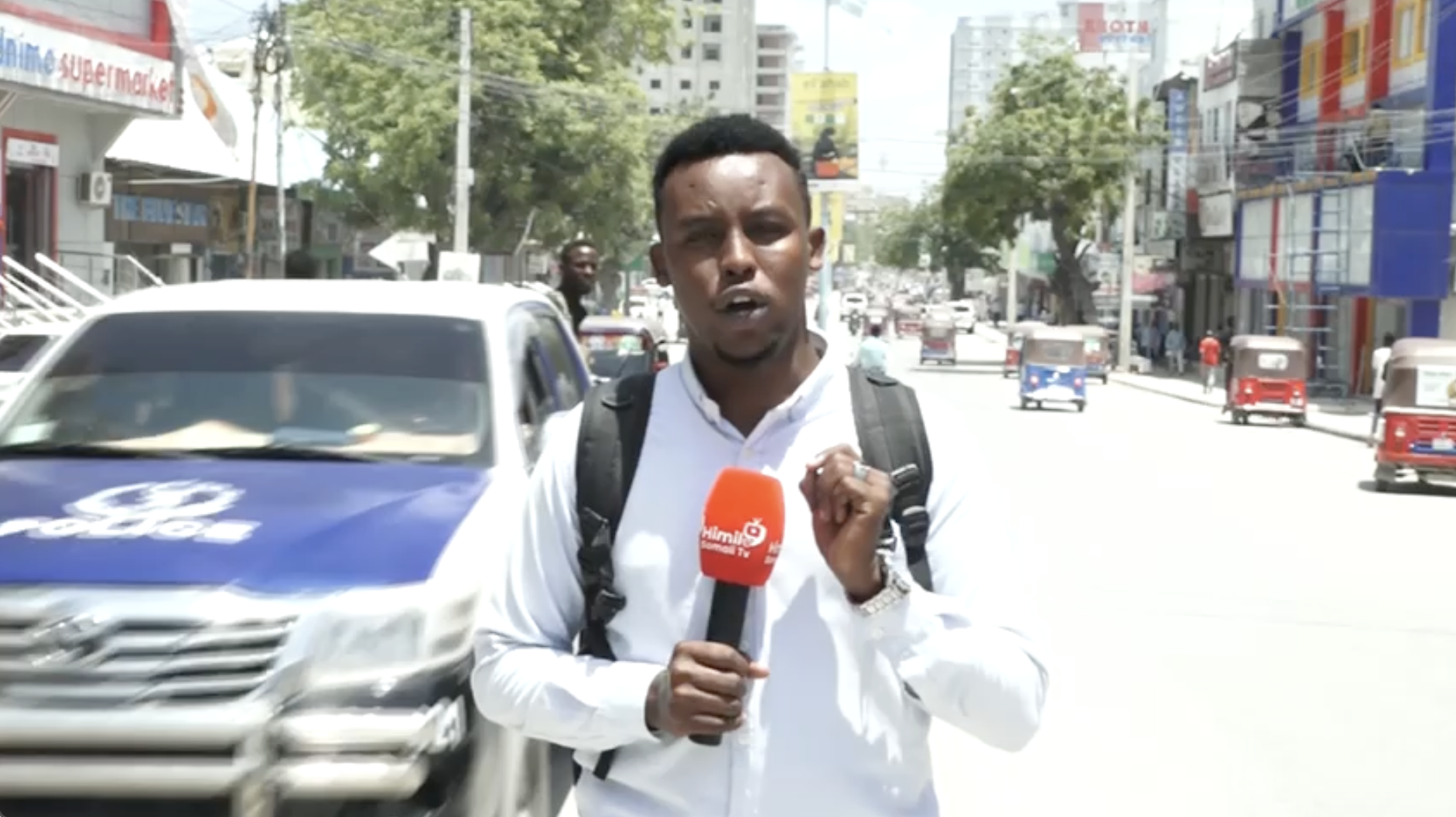MOGADISHU, Somalia, 2 November 2024 – On this International Day to End Impunity for Crimes Against Journalists, the Somali Journalists Syndicate (SJS) renews its call for justice and accountability for journalists murdered in Somalia, and demands an independent and honest investigation to end the impunity for crimes against the media professionals in the country.
SJS emphasizes that ending impunity for crimes against journalists—whether the perpetrators are government officials, powerful clan militia groups, or al-Shabaab—remains essential to ensuring journalists’ safety and improving Somalia’s global reputation, currently among the worst for unsolved journalist murders.
Since SJS began tracking crimes against journalists in 2019, 12 journalists (two females and ten males) have been killed for their profession as journalists. Today, we honor their memories:
-
Mohamed Omar Sahal – Killed in Kismayo, 12 July 2019
-
Hodan Naleyeh – Killed in Kismayo, 12 July 2019
-
Abdinasir Abdulle Ga’al – Killed in Awdhegle, 14 August 2019
-
Said Yusuf Ali – Killed in Mogadishu, 4 May 2020
-
Abdiwali Ali Hassan (Abdiwali Online) – Killed in Afgoye, 16 February 2020
-
Abdiaziz Mohamud Guled – Killed in Mogadishu, 20 November 2021
-
Jamal Farah Adan – Killed in Galkayo, 1 March 2021
-
Mohamed Isse Koonaa – Killed in Mogadishu, 29 October 2022
-
Ahmed Mohamed Shakur – Killed in Basra (Middle Shabelle), 30 September 2022
-
Abdifatah Moalim Nur (Qeys) – Killed in Mogadishu, 16 October 2023
-
Abdikarin Ahmed Bulhan – Killed in Abudwaq, 14 March 2024
-
Amun Abdullahi Mohamed – Killed near Afgoye, 18 October 2024
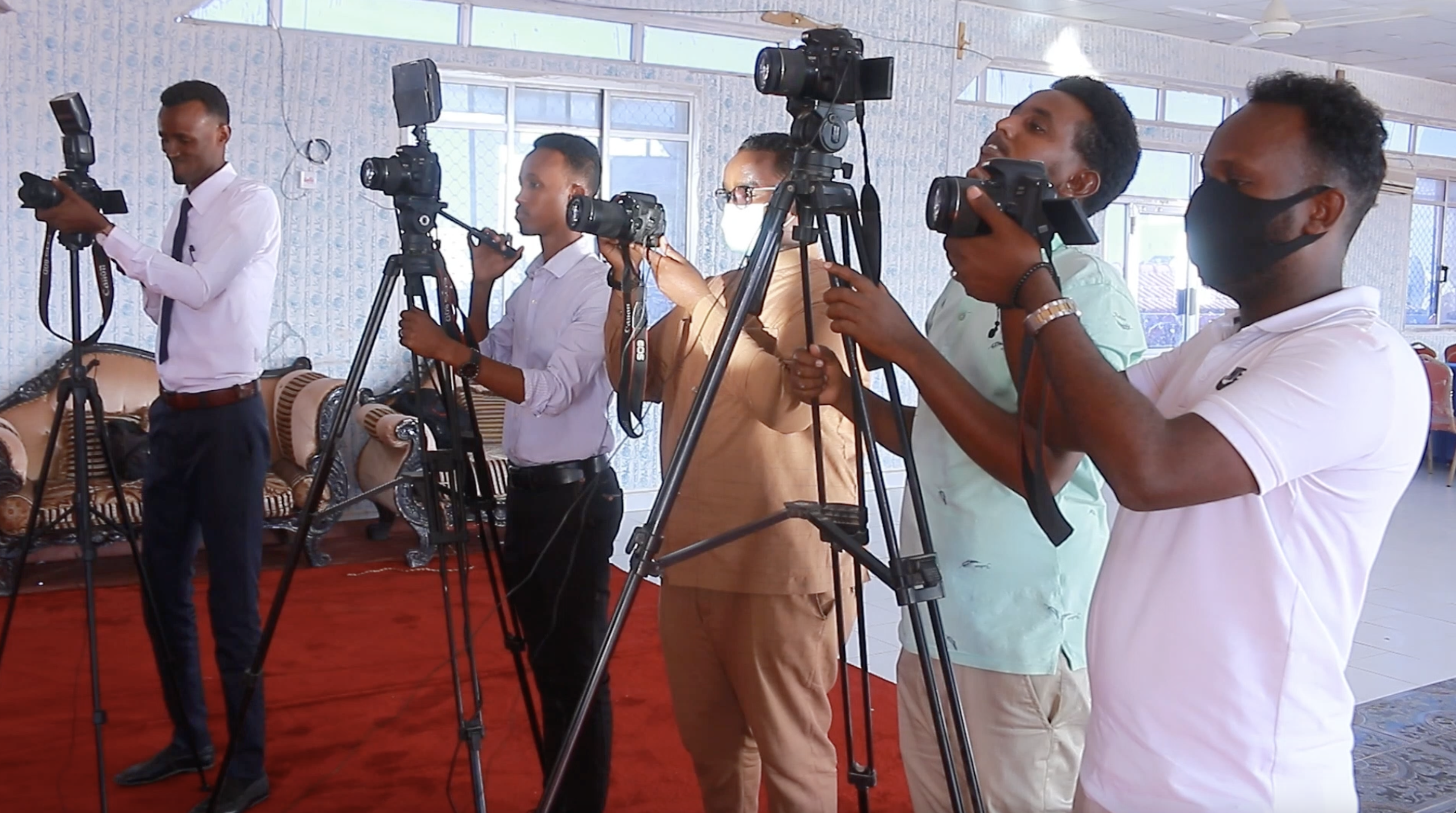
Tragically, over 85 journalists– both local and international journalists – were murdered in Somalia since 1992, with most cases unsolved, leaving their families in prolonged grief. Mogadishu, Somalia’s capital and the federal government seat, leads with 85% of these murders, followed by Galkayo, a city divided between Puntland and Galmudug administrations in the Mudug region.
Today, in solidarity with the local media community, SJS joins journalists and the families of fallen colleagues in Galkayo to honor those lost and reinforce the call to end impunity. In conjunction, SJS has released a documentary highlighting Galkayo’s ongoing pain, as journalists and families continue to grapple with these losses.
Hussein Abdi Jim’ale Madar, a journalist with Radio Daljir, narrates the trauma and agony he carries following the killing of three colleagues.
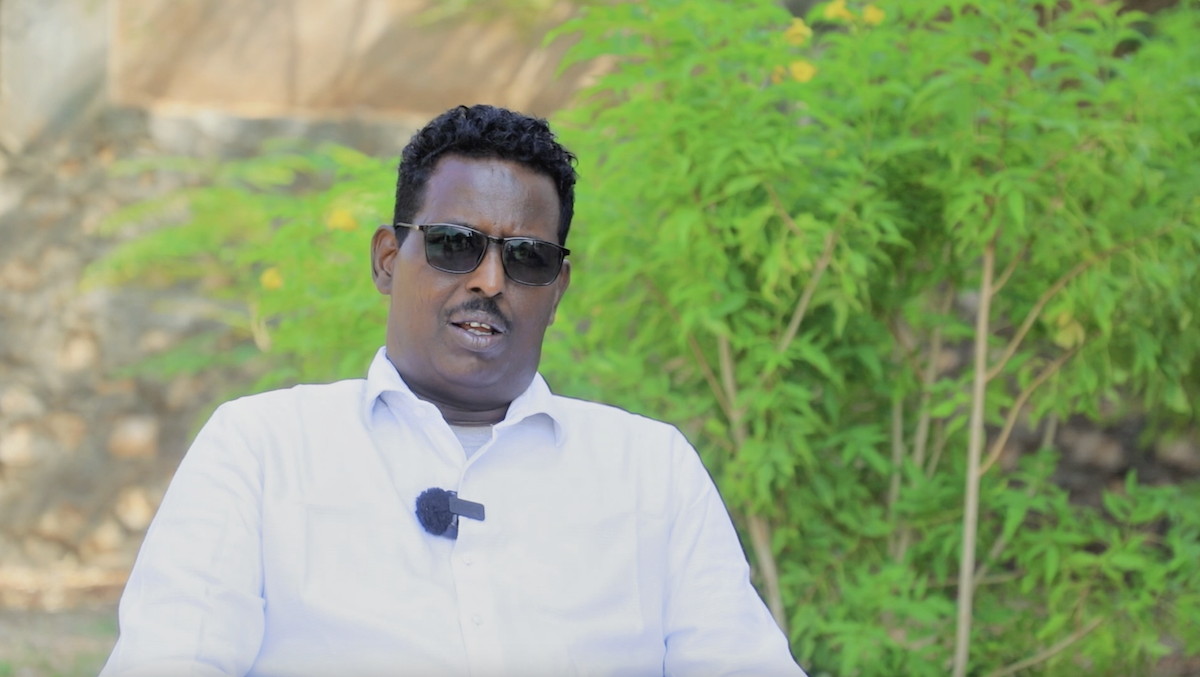
“I still feel the pain and feel traumatized. The three colleagues who were killed are still in my memory. There was a time when I nearly wanted to quit this job, but I later decided to carry on. I want to call on the government to document all journalists killed and provide care for their families,” Hussein Madar said.
Galkayo police operations commander, Capt. Arab Abdirisaq Ahmed, told SJS that despite the impunity, Galkayo journalists feel safer than they were a decade ago.
“Journalists were killed, as were government officials. Some of the killers, who were members of Al-Shabaab, were arrested, sentenced, and executed. However, despite the impunity, I can say it is better than it was ten years ago,” Capt. Arab said, noting a close collaboration between the Puntland police in Galkayo and the local media houses and their journalists.
He said the police now respond to any reports of threats against journalists, despite the limitations of the capacity of the police.
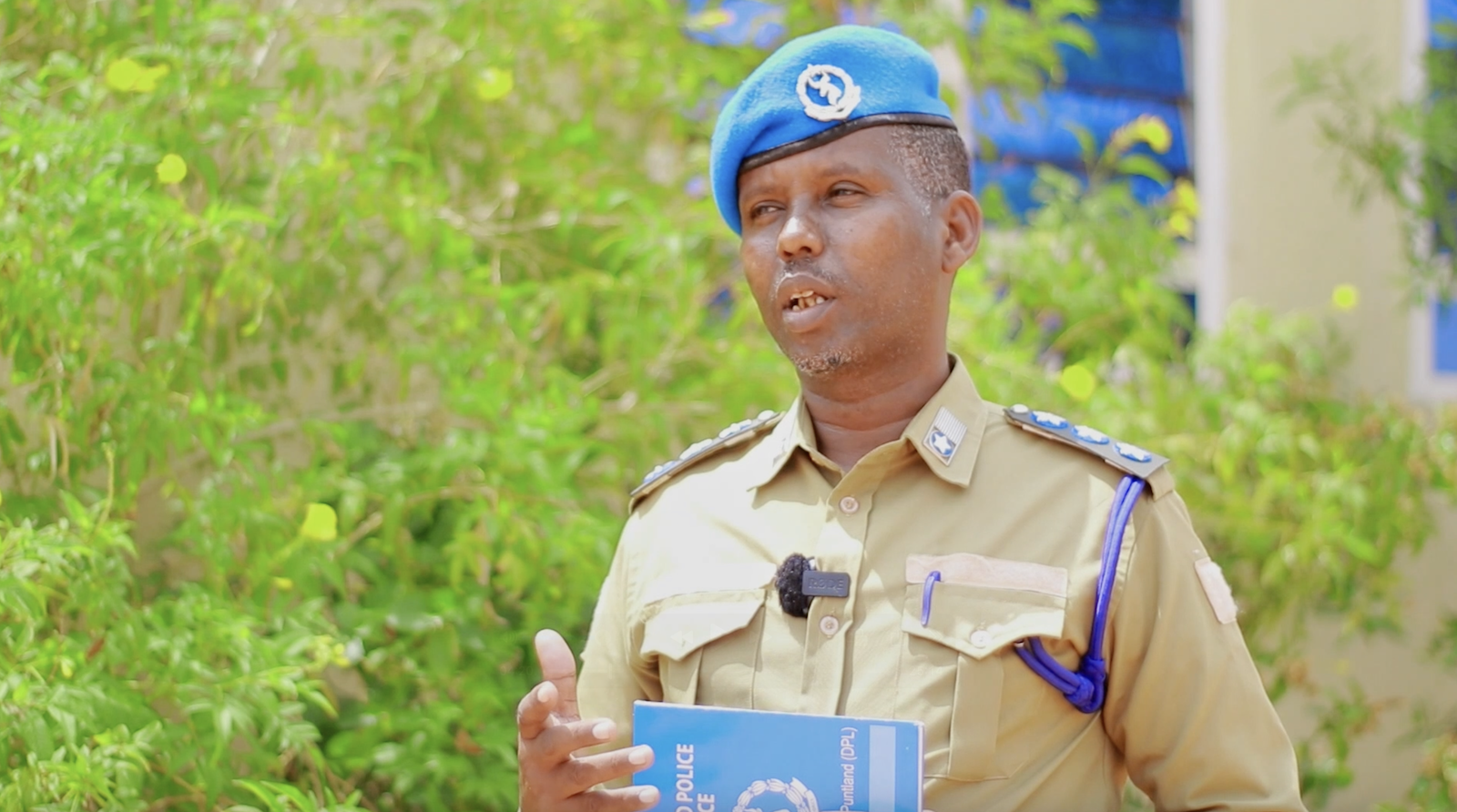
Since 2021, SJS has provided ongoing professional training to improve the safety and security of local journalists, both men and women, in both sides of Galkayo. SJS is gratified that these trainings have contributed to enhancing the safety of media workers.
“Six years after we began documenting attacks on journalists in Somalia, we return to Galkayo—a city notorious as the second deadliest for journalists after Mogadishu. Through interviews and visits to the media outlets where these journalists once worked, we witnessed the lingering pain and grief of their colleagues and families,” said SJS Secretary General Abdalle Mumin.
“On this day, we underscore our call to end impunity for all journalists murdered in Somalia and to allow the victims’ families the justice they deserve. Each fallen journalist deserves a thorough and impartial investigation, regardless of who is implicated, including government officials, al-Shabaab, or other criminals,” added Mr. Mumin.
